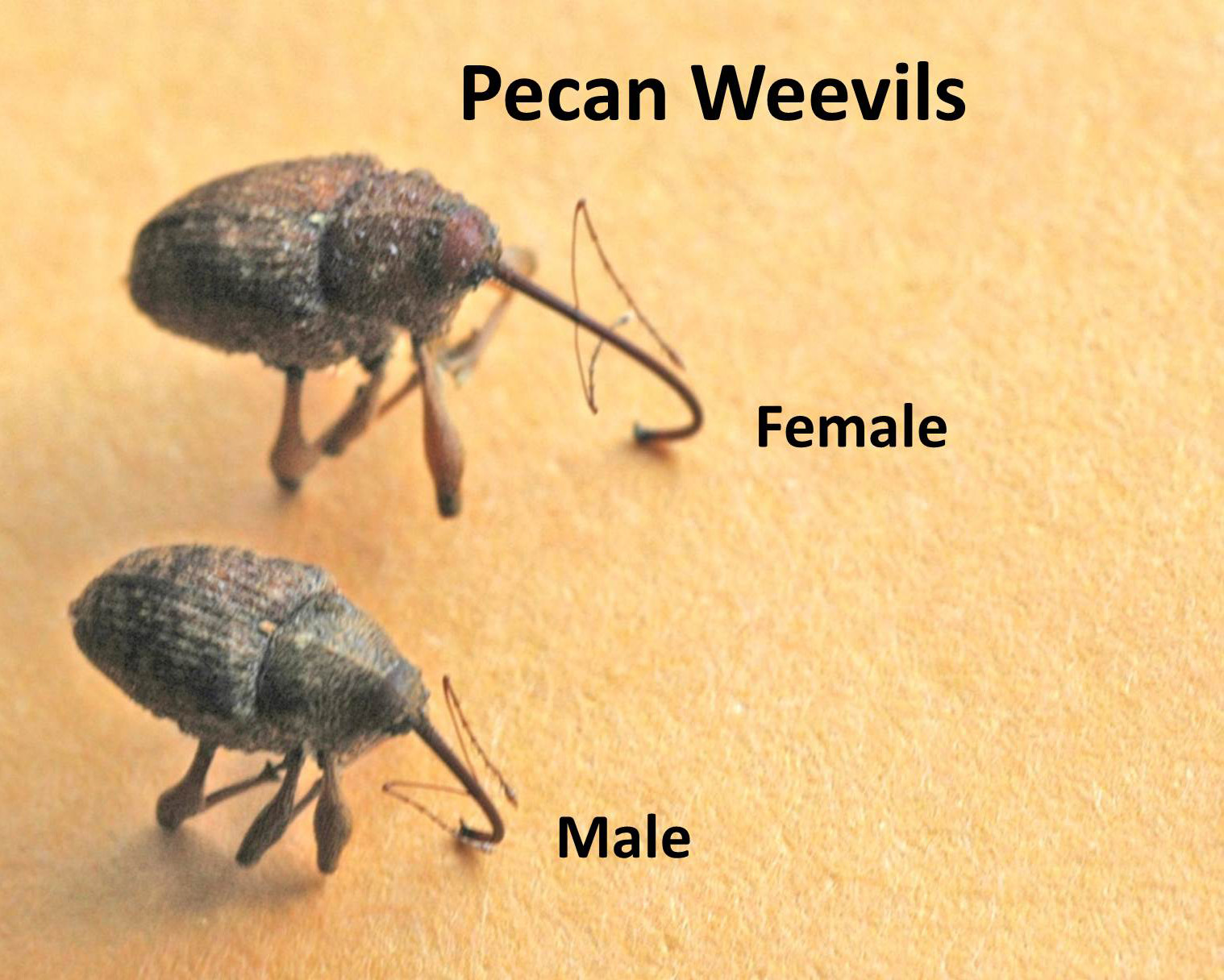Dr. Shiwach successfully defended a tort claim against him after his insurer denied coverage, and then won a lawsuit against his carrier about its duty to defend. The Fifth Court affirmed, notin g as to the key policy exclusion: “Shiwach’s potential liability could rest on the rape allegation, for which no coverage exists, or the covered allegations that Shiwach—as an individual, physician, employee, and manager of HT and UHS—(1) failed to take actions to correct problems with suicides and over drugging of patients, (2) failed to provide adequate security measures and staffing, (3) negligently hired and retained employees, or (4) improperly admitted and failed to discharge patients.”
g as to the key policy exclusion: “Shiwach’s potential liability could rest on the rape allegation, for which no coverage exists, or the covered allegations that Shiwach—as an individual, physician, employee, and manager of HT and UHS—(1) failed to take actions to correct problems with suicides and over drugging of patients, (2) failed to provide adequate security measures and staffing, (3) negligently hired and retained employees, or (4) improperly admitted and failed to discharge patients.”
The Fifth Court found coverage, noting the importance of often-overlooked language about inclusion of other allegations in particular claims. It noted that the underlying petition “did not clearly allege whether any one act or omission caused or arose out of any other, nor did it provide any connection between the potentially covered  allegations and the rape. It did not limit the potentially covered allegations in paragraphs 12 and 13 to factual conditions which purportedly created the opportunity for the rape, and it did not limit the entities’ liability (including Shiwach’s liability as an employee or manager of HT and UHS) to the rape. And although Broderick sought her ‘legal damages for the rape,’ the petition did not limit Broderick’s damages to the rape in paragraph 15, the prayer for relief. Moreover, the petition expressly alleged each ‘action or inaction’ described was a ‘proximate or producing cause’ of Broderick’s damages.” AIX Specialty Ins. Co. v. Shiwach, No. 05-18-01050-CV (Dec. 18, 2019) (mem. op.)
allegations and the rape. It did not limit the potentially covered allegations in paragraphs 12 and 13 to factual conditions which purportedly created the opportunity for the rape, and it did not limit the entities’ liability (including Shiwach’s liability as an employee or manager of HT and UHS) to the rape. And although Broderick sought her ‘legal damages for the rape,’ the petition did not limit Broderick’s damages to the rape in paragraph 15, the prayer for relief. Moreover, the petition expressly alleged each ‘action or inaction’ described was a ‘proximate or producing cause’ of Broderick’s damages.” AIX Specialty Ins. Co. v. Shiwach, No. 05-18-01050-CV (Dec. 18, 2019) (mem. op.)





